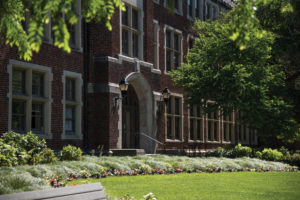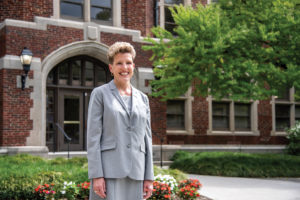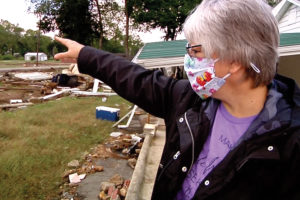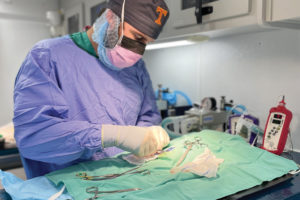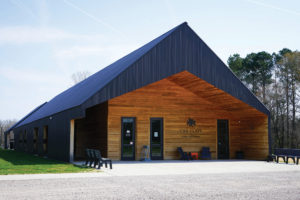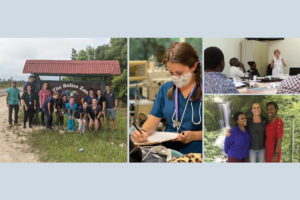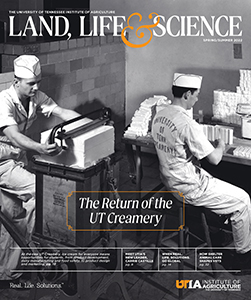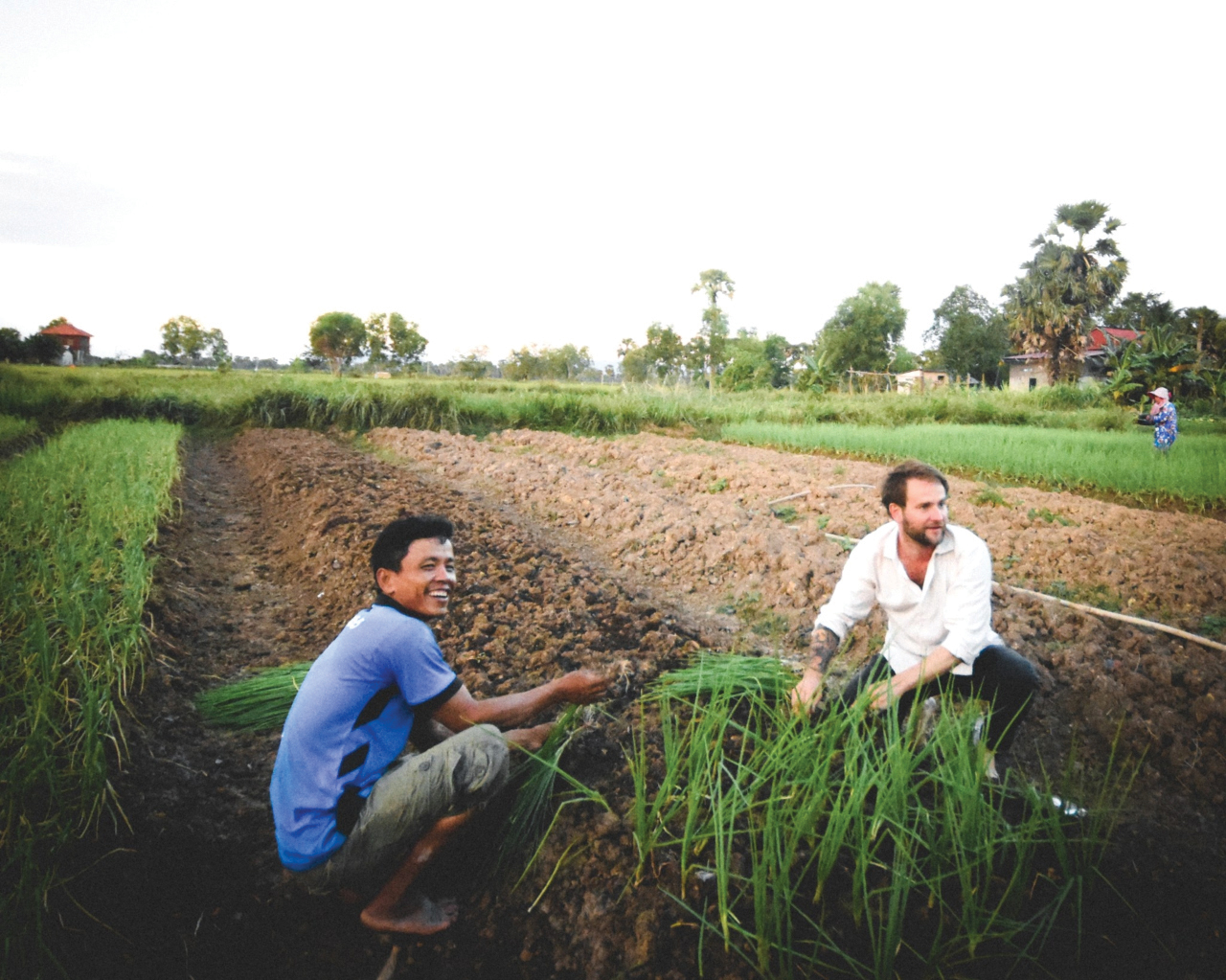
Sometime during the twentieth century, the world population doubled to reach the more than 7 billion that we have today, and it continues to increase. We are in a remarkable era where the billions of us (estimated to reach 10 billion by 2050) are living in ways the world has never seen. Since the early 2000s, also, the majority of the world’s population shifted towards urban areas. By 2050 about 70 percent of us will live in cities. This urbanization of the human population has profound effects on life across the globe and is a major transition from only a few decades ago when a majority of the population directly relied on natural processes and lived in rural areas. How do these global shifts in population size and distribution affect the way we produce our food, fiber, energy, and all the rest of the products on which we now rely?
Food is powerful. Food is cultural, and food is not equally enjoyed by or available to all. I enjoy exploring the relationships people have with the food system, but I also know of the profound challenges we face as people to adequately feed ourselves, at home as well as in faraway places. Many of the products we enjoy are made with ingredients and components from around the world, transported through various regions, to arrive in our homes and on our plates. This is fundamentally different from the way previous generations lived. Our ancestors’ relationship with natural processes was different as they interacted directly with nature for food, medicine, and other needs. Theirs was a more personal connection to the environment. Now, new technologies and societal changes have impacted the way we provide for our basic needs.
This disconnection of people from rural spaces and the many resources we all depend on causes not only what has been referred to as a metabolic rift, but also it creates an epistemic rift where humans conceptualize themselves as being separate from nature and not a part of a larger ecosystem. Powerful social, political, and economic forces control many aspects of our lives, and the knowledge and understanding of these complex systems is vital if we are going to make changes to ensure our survival.
As I engage around the world with farmers and rural communities, within an ever more connected food system, I have seen the drastic changes and complex challenges we face as a global family. Since we all eat, we all need to think about them. That is why I teach.
MORE FROM THIS ISSUE


